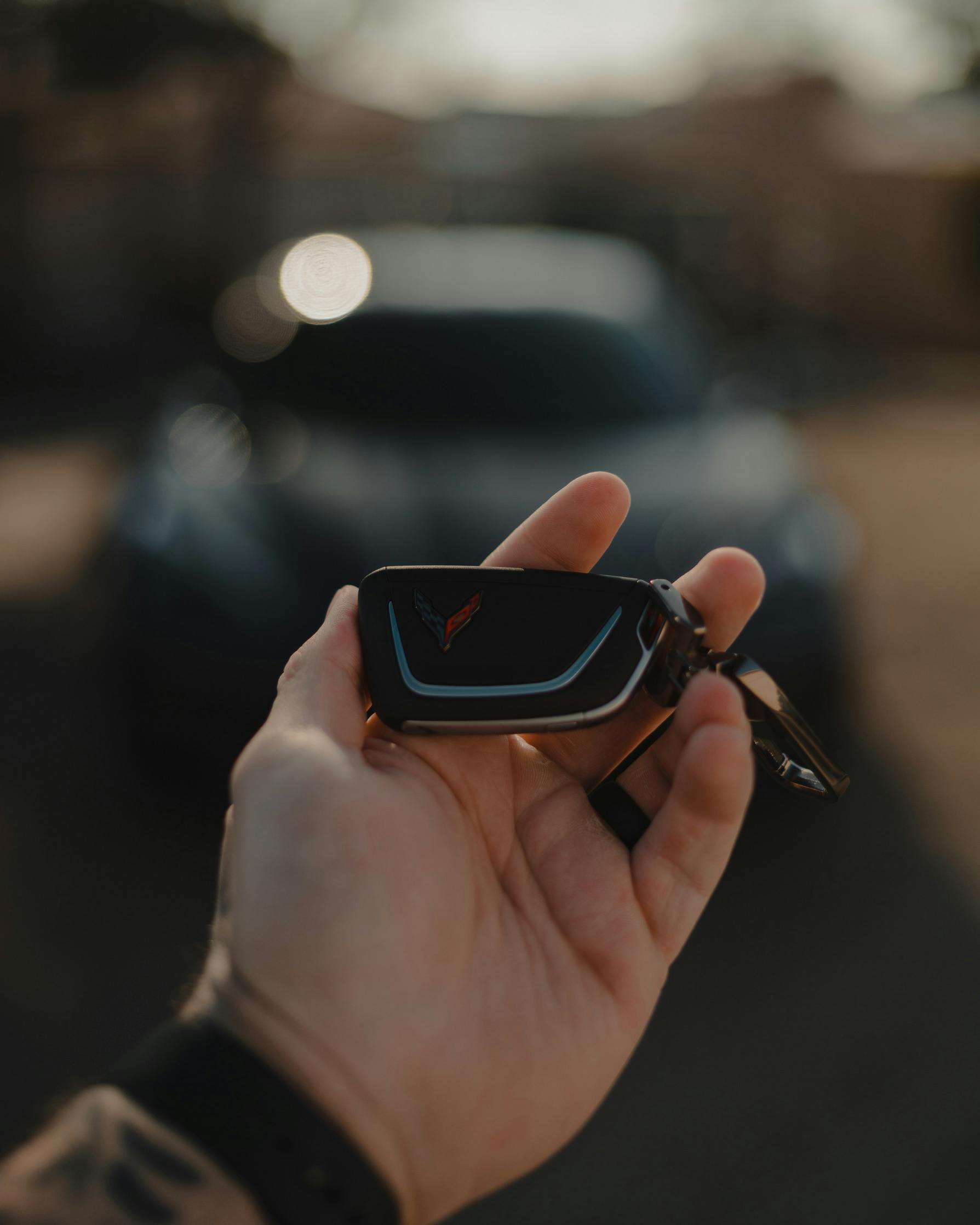Navigating a Rear-End Collision with an Uninsured, Unlicensed Driver: Steps and Considerations
Experiencing a minor collision can be unsettling, especially when involved with an uninsured and unlicensed driver. If you find yourself in this situation, understanding your options and the proper course of action is crucial to protect your interests. Here’s a comprehensive guide based on recent experiences and best practices for handling such incidents.
Incident Overview
Recently, I was rear-ended by a vehicle driven by an individual without a license, registration, or insurance. Fortunately, the impact was minor, resulting mainly in scratches and scrapes on my rear bumper. The driver had no valid identification, but I did manage to record a video capturing the incident, including the license plate, and took photographs of the damage. Additionally, I obtained the driver’s phone number and a photo of the passenger’s ID.
Key Concerns and Questions
1. Timing and Claim Submission
My body shop is closed today, so I cannot obtain an official repair estimate until tomorrow. My primary question is: Are there any deadlines for submitting a claim to my insurer next Monday? Furthermore, is it possible to notify my insurer, GEICO, about the accident now while indicating that I am exploring a private settlement, without prematurely triggering a claim?
2. Collision Deductible Waiver Eligibility
Given that the at-fault driver is uninsured, can I qualify for a waiver of my collision deductible? Understanding this can significantly reduce out-of-pocket expenses.
3. Impact on Premiums Despite Fault
Although I didn’t directly communicate fault at the scene, evidence clearly shows I was rear-ended. Will this incident adversely affect my insurance premiums in the long run, even if I’m not at fault?
Recommended Actions and Considerations
Document Everything
Maintain detailed records of the incident—photos, videos, and any direct communications. This evidence can be vital should disputes arise or if you need to pursue compensation through your insurer or legal channels.
Consult Your Insurance Policy
Review your policy terms with GEICO to understand coverage specifics, including deductibles and potential impacts on your premiums. Reach out to your insurer promptly to inform them of the situation and seek guidance, emphasizing that you are considering a private resolution but want to understand your rights and process.
Private Settlement vs. Insurance Claim
While settling privately with the at-fault driver might seem expedient, be cautious. Without proper documentation and legal safeguards,



